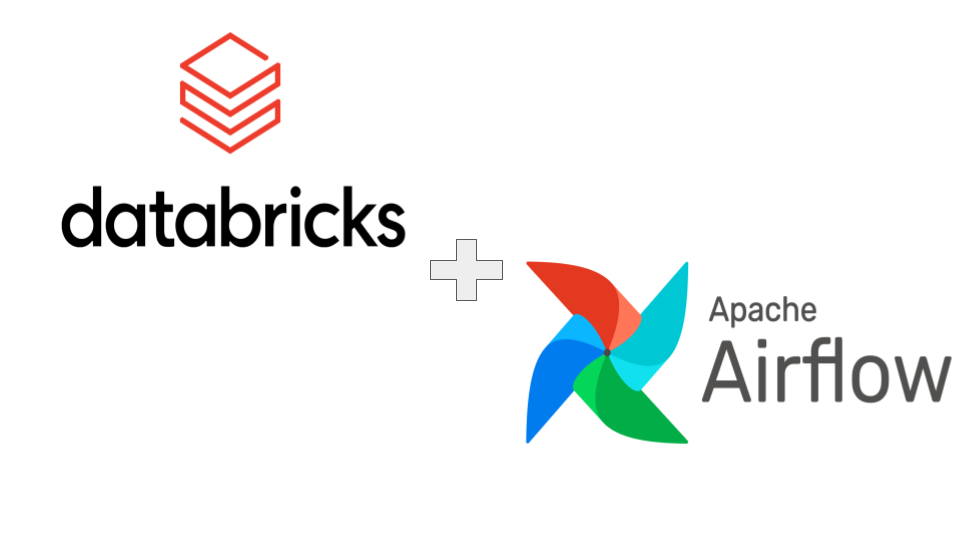
What is the standard for most data engineers these days? Turns out SQL and Python are still running the show pretty much across the board. There’s always a variety of skills in those areas, some better, some worse, although with a little work and repetition it’s pretty easy to master both SQL and Python. I’ve found that Python and SQL … or Java … or Scala … having good development skills is really only half the battle. It seems there is always a few basic data engineering skills that come up over and over. They are simple skills, foundational skills that allow an average data engineer to be better. They make a person more versatile and able solve more complex problems and work across a wide variety of of tech stacks and cloud providers. What are they? Read on my fair weathered friend.
Read more








